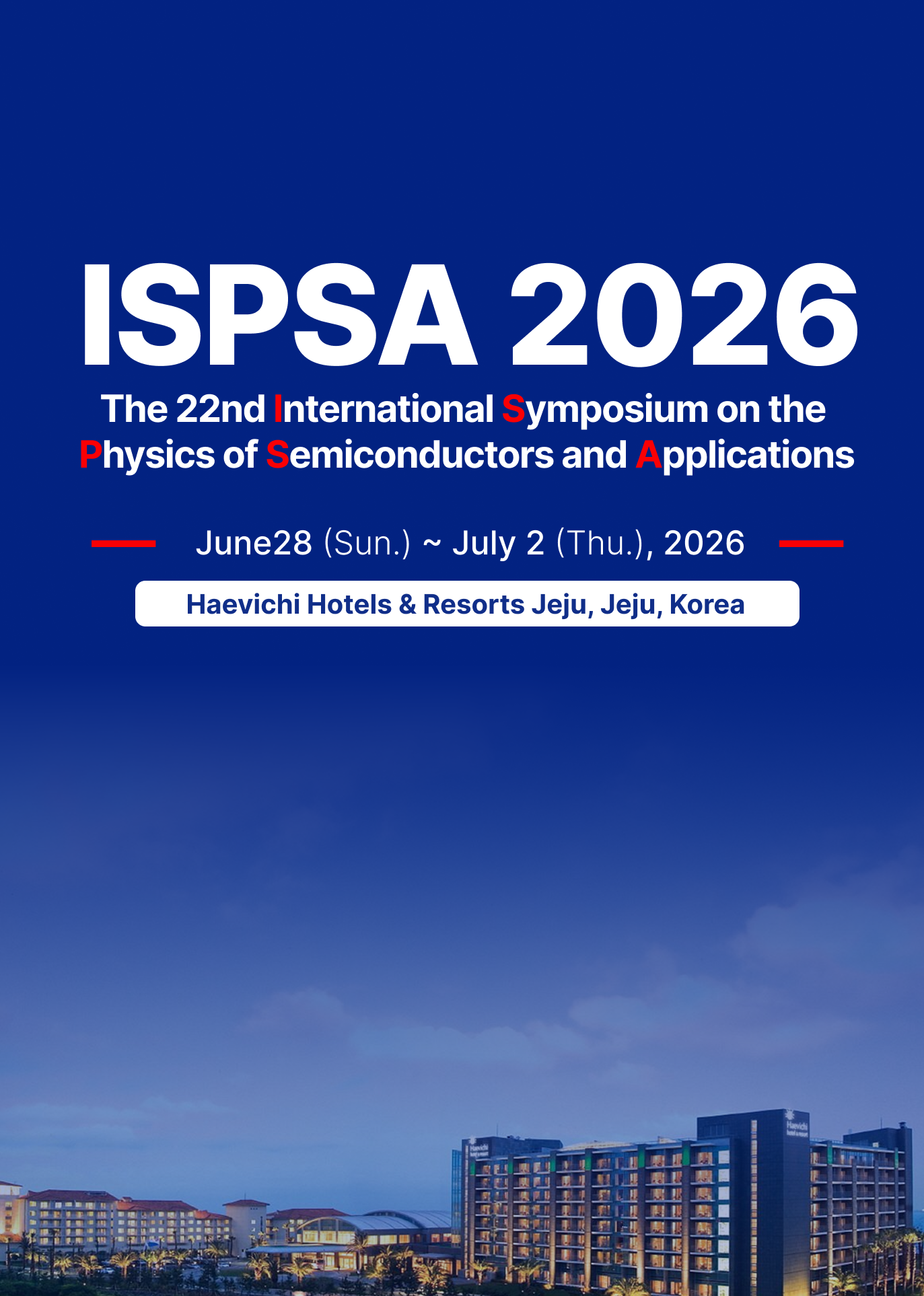47th BALI World Congress on “Chemical, Biological & Environmental Engineering” (WCBEE-25) scheduled on Dec. 25-27, 2025 Bali (Indonesia)
WCBEE-25
- URL: https://cbmsr.org/conference/368
- Event Date: 2025-12-25 ~ 2025-12-27
- Submission Date: 2025-12-01
- Organizer: CBMSR
- Location: Bali, Indonesia
Chemical & Material Sciences (General) Chemical Kinetics & Catalysis Bioinformatics & Computational Biology Molecular Biology Cell Biology Developmental Biology & Embryology Evolutionary Biology Microbiology Biodiversity & Conservation Biology Bioinformatics & Computational Biology
Topics/Call for Papers
So, Topics of Interest for Submission include, but are Not Limited to:
I. Chemical Engineering Fundamentals & Process Intensification
- Reaction Engineering & Catalysis:
- Advanced catalysts for sustainable chemical processes (e.g., heterogeneous, homogeneous, biocatalysis).
- Novel reactor design and process intensification (e.g., microreactors, intensified separations).
- Reaction kinetics and thermodynamics for complex systems.
- Electrocatalysis and photocatalysis for chemical synthesis.
- Separation Processes:
- Advanced membrane technologies (e.g., nanofiltration, reverse osmosis, gas separation membranes).
- Adsorption and chromatography for purification and separation.
- Distillation and absorption enhancements.
- Hybrid separation processes.
- Process Design, Simulation & Control:
- Process modeling and simulation (e.g., Aspen Plus, gPROMS, CFD).
- Process optimization and control for efficiency and safety.
- Process integration and pinch analysis for energy efficiency.
- Digital Twins and Industry 4.0 in chemical processes.
- Transport Phenomena:
- Fluid dynamics, heat transfer, and mass transfer in complex systems.
- Multiphase flows and granular materials.
- Computational Fluid Dynamics (CFD) applications.
- Thermodynamics & Phase Equilibria:
- Advanced thermodynamic models for non-ideal systems.
- Phase equilibria in diverse chemical and biological mixtures.
II. Biological Engineering & Biotechnology
- Bioprocess Engineering:
- Fermentation and bioreactor design and optimization.
- Downstream processing and bioseparation.
- Biomanufacturing for pharmaceuticals, biofuels, and bioproducts.
- Cell-free bioprocessing.
- Synthetic Biology & Metabolic Engineering:
- Designing and engineering novel biological systems and pathways.
- Metabolic pathway engineering for enhanced product yields.
- CRISPR-based technologies for genetic engineering.
- Biosensors and synthetic gene circuits.
- Tissue Engineering & Regenerative Medicine:
- Bioprinting of tissues and organs.
- Biomaterials for tissue scaffolds and implants.
- Stem cell engineering and applications.
- Cellular therapies and gene delivery systems.
- Biomaterials & Nanobiotechnology:
- Design and synthesis of biocompatible materials.
- Nanoparticles and nanomaterials for drug delivery and diagnostics.
- Bio-inspired materials and biomimetics.
- Environmental Biotechnology:
- Bioremediation of contaminated sites (soil, water, air).
- Bioenergy production from waste biomass.
- Microbial fuel cells and bioelectrochemical systems.
- Algae biotechnology for CO2 capture and bioproducts.
- Bioinformatics & Computational Biology:
- Modeling and simulation of biological systems.
- Omics data analysis (genomics, proteomics, metabolomics).
- Machine learning for biological data interpretation.
III. Environmental Engineering & Sustainability
- Water & Wastewater Treatment:
- Advanced oxidation processes (AOPs) for recalcitrant pollutants.
- Membrane filtration for water purification and desalination.
- Resource recovery from wastewater (nutrients, energy, water reuse).
- Removal of emerging contaminants (e.g., PFAS, microplastics, pharmaceuticals).
- Nature-based solutions for water management.
- Air Pollution Control & Management:
- Carbon Capture, Utilization, and Storage (CCUS) technologies.
- Catalytic converters and advanced scrubbers for industrial emissions.
- Indoor air quality technologies.
- Monitoring and modeling of atmospheric pollutants.
- Solid Waste Management & Resource Recovery:
- Waste-to-energy technologies (incineration, pyrolysis, gasification).
- Anaerobic digestion for organic waste.
- Recycling and upcycling of materials.
- Circular economy principles in waste management.
- Contaminated Land & Soil Remediation:
- Physical, chemical, and biological remediation techniques.
- Risk assessment and management of contaminated sites.
- Sustainable land use and rehabilitation.
- Climate Change Mitigation & Adaptation:
- Life Cycle Assessment (LCA) of products and processes.
- Greenhouse gas emission reduction strategies.
- Climate-resilient infrastructure.
- Sustainable energy systems for decarbonization.
- Environmental Monitoring & Sensing:
- Development of advanced environmental sensors.
- Remote sensing and GIS for environmental assessment.
- IoT networks for real-time environmental monitoring.
IV. Cross-Cutting & Interdisciplinary Themes
- Green Engineering & Sustainable Design:
- Principles of green chemistry and engineering.
- Design for sustainability and eco-efficiency.
- Industrial symbiosis and eco-industrial parks.
- Process Safety & Risk Management:
- Hazard identification and risk assessment in chemical and biological processes.
- Inherently safer design.
- Environmental risk management.
- Nanotechnology in Environmental & Biomedical Applications:
- Nanomaterials for water treatment, sensing, and targeted drug delivery.
- Environmental implications and toxicology of nanomaterials.
- AI, Machine Learning & Data Analytics in C.B.E. Engineering:
- AI for process optimization, fault detection, and predictive maintenance.
- ML for modeling complex environmental systems (e.g., water quality prediction).
- Data analytics for biological insights and drug discovery.
- Ethics & Policy in C.B.E. Engineering:
- Ethical considerations in genetic engineering and biotechnology.
- Environmental regulations and policy development.
- Public perception and engagement in controversial technologies.
- Circular Bioeconomy:
- Integrated biorefineries for sustainable production of chemicals, materials, and fuels from biomass.
- Valorization of waste streams into high-value products.
- Education in Chemical, Biological & Environmental Engineering:
- Curriculum development for future engineers (e.g., sustainability, digital skills).
- Innovative teaching methods and hands-on learning experiences.
- Addressing the skills gap for emerging industries.















